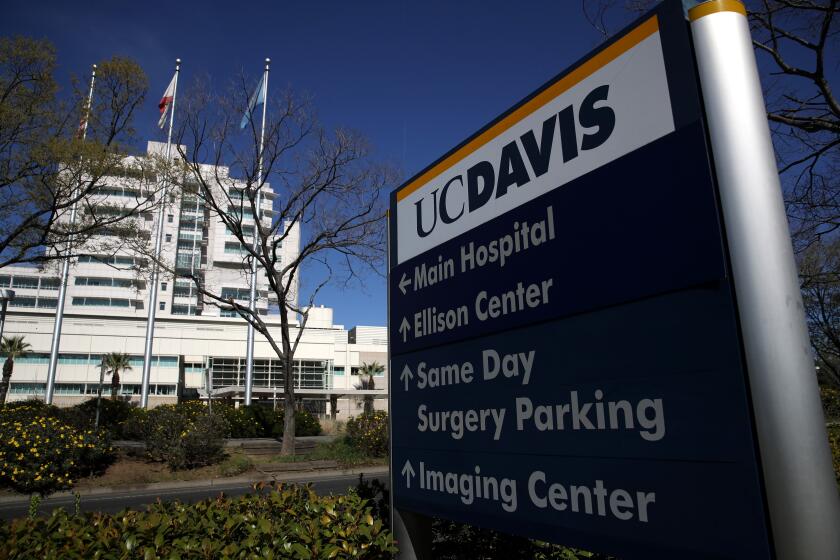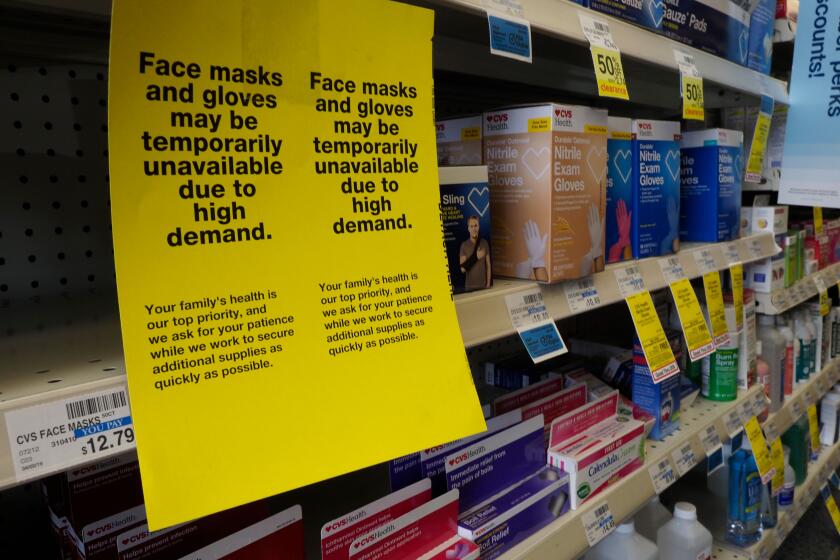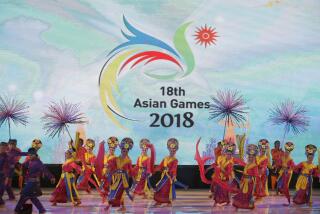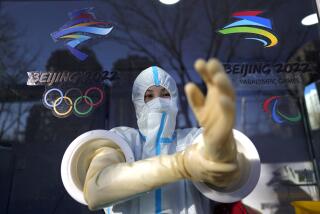Could coronavirus threaten the 2020 Tokyo Olympics?
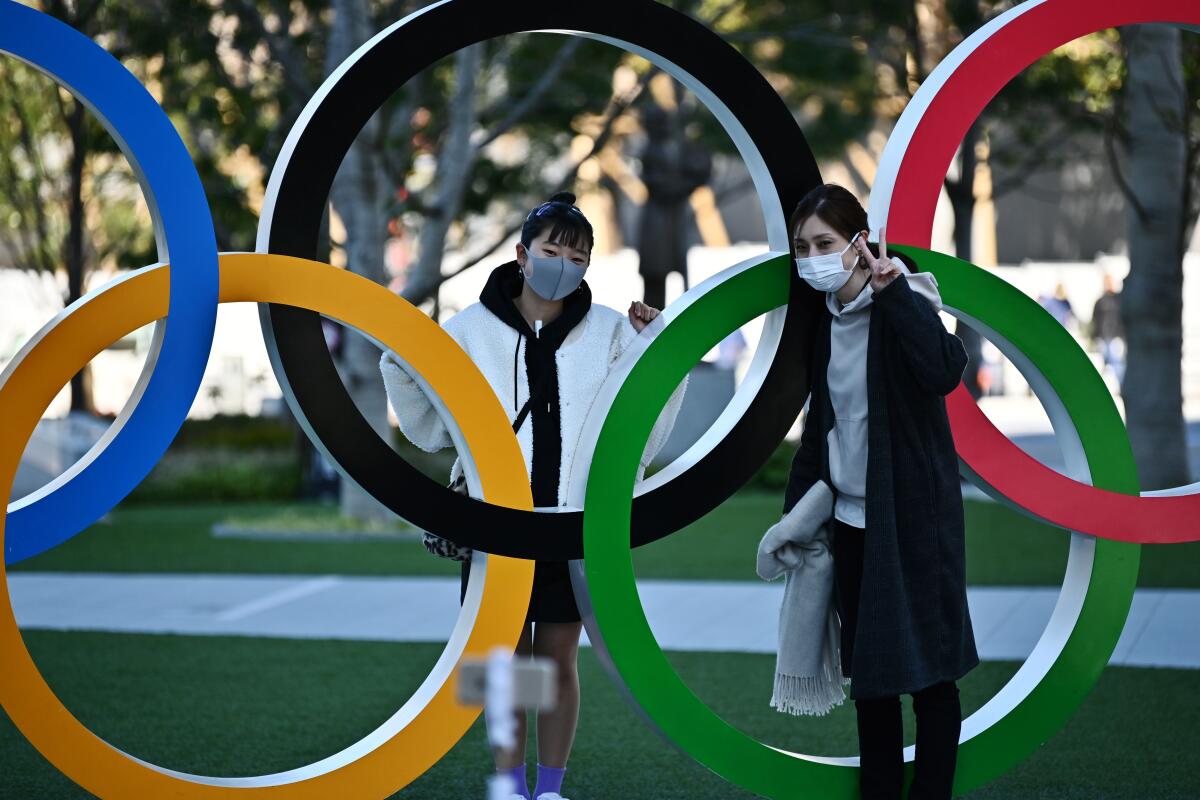
The way Yoshiro Mori sees it, the fate of the Summer Olympics is in the lap of the Shinto gods.
“I hope [the coronavirus] will vanish,” the Tokyo Olympics and Paralympics organizing committee chief said recently during an event here to unveil Japan’s official Summer Games apparel. “I pray to the gods every day.”
The status of the Games is in some question, with health experts worried about holding such a large public event this summer and others insisting it is too early to make any decisions. In Japan, these concerns are amplified ten-fold.
The number of confirmed coronavirus cases in Japan stood at 241 on Saturday.
This is a far cry from the more than 3,100 cases reported in South Korea and nearly 80,000 in mainland China, where the virus originated. Those two countries account for over 98% of the global total and 97.2% of all fatalities (2,976 as of March 1).
Five people are known to have died from the virus in Japan, compared with more than 2,800 in China.
A person who was not among the previously reported coronavirus cases in the U.S. has died of COVID-19, Washington health officials say.
The effect of the virus is already being felt in Japan’s sports world. The Nippon Professional Baseball league announced last week that its remaining 72 preseason games would be played in empty stadiums, and the body governing J. League soccer has nixed 96 games scheduled through March 15.
The Japan Sumo Assn. said Friday it would be “impossible” to hold any “regular” iteration of its spring tournament, slated to open in Osaka on March 8. Japan’s two professional boxing organizations have canceled all bouts in March.
Some local municipalities are also taking action. In Izu City, the location for track and mountain bike events during the Olympics, many sporting and other events have been scrapped or postponed, according to Masaki Suzuki, head of the city’s Summer Games planning division. However, the city has yet to hear any word of the Olympic events being affected, he added.
“This is a popular tourist destination and the Olympics is a kind of promotion for the city,” Suzuki said. “If it was canceled it would mean losing what would be a huge legacy for us.”
Olympic Games were canceled in 1916, 1940 and 1944 during world wars. (The 1940 Games also had been scheduled for Tokyo.) However, public health concerns threatened the Olympics as recently as the 2016 Summer Games in Rio de Janeiro because of the Zika virus and the 2010 Winter Games in Vancouver, Canada, because of swine flu.
In February, during a meeting with members of the International Olympic Committee, committee chief Mori had eschewed talk of divine intervention, stating that despite growing concerns over the spread of COVID-19 , the cancellation or postponement of the Games was “not under consideration.”
But about a week later, he was in a defiant mood, forgoing the ubiquitous surgical mask — the object of scuffles among normally nonconfrontational Japanese because of their short supply — and imploring athletes to steer clear of the virus.
IOC President Thomas Bach urged athletes to ‘go ahead full-steam’ with their training during a conference call with Japanese reporters.
“I will do my best not to wear a mask, right ‘til the bitter end,” the gaffe-prone Mori said, an intended rib-tickler that went down like a lead balloon with the 130 members of the media in attendance, all of whom were obligated to wear masks and disinfect their hands before entering the conference room.
The comment quickly drew criticism among Japan’s Twitterati, who bemoaned a lack of tact in “yet another uncalled-for remark” by the former prime minister.
Others saw it as bureaucratic jive.
“That was just show,” said Tokyo businessman Keizo Yamaga, adding he believed holding the Games as planned in July and August will be “extremely difficult” because of the global spread of COVID-19.
The domestic response to the virus has come under fire too. Tokyo governor Yuriko Koike was among those bemoaning Prime Minister Shinzo Abe’s belated recommendation Feb. 28 that schools nationwide should close.
Like Mori, the Tokyo chief remains adamant the Olympics will go ahead, her office issuing a statement to the The Times insisting, “We have never discussed canceling the Games. Preparations for the Games are continuing as planned.”
That stance was placed in some doubt Feb. 24, when IOC member Dick Pound told the Associated Press the IOC would make a decision on the fate of the Games in late May, but that he believed a cancellation was more likely than a postponement or relocation.
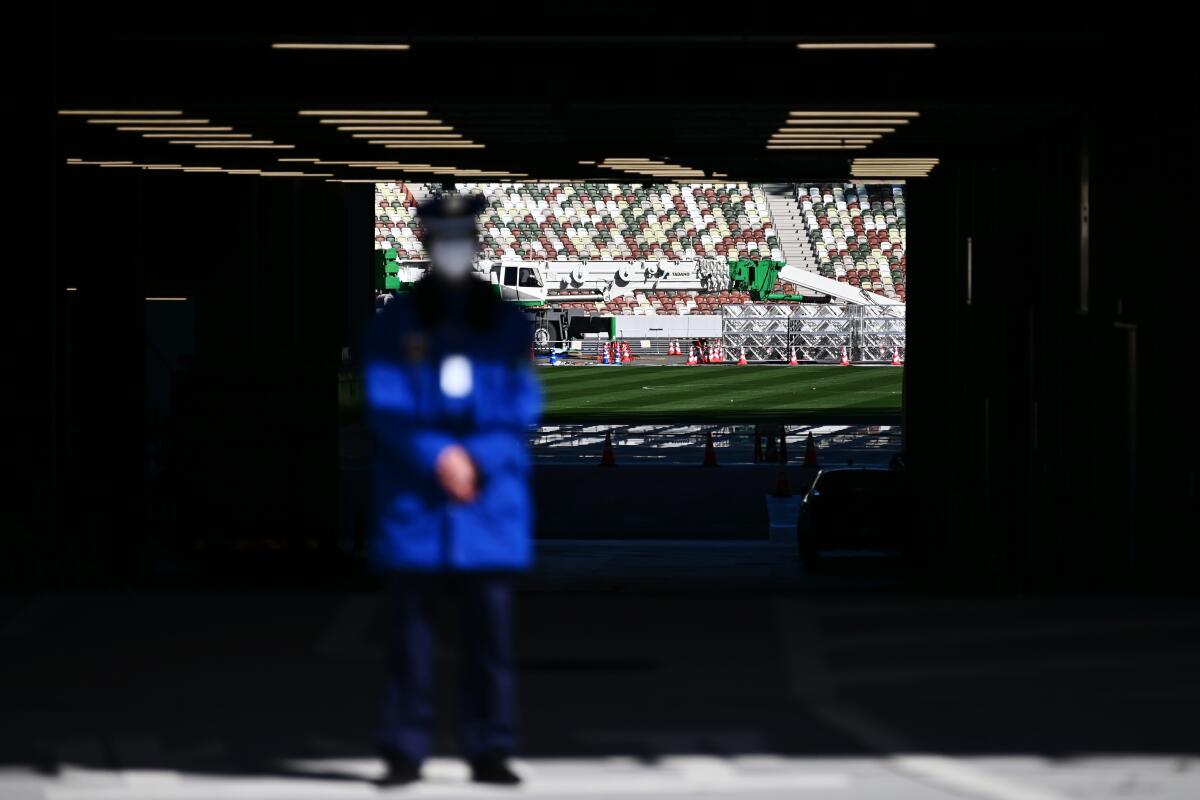
Japan’s Olympics minister, Seiko Hashimoto, quickly dismissed the comment, telling a parliamentary session Wednesday she had received assurances from the IOC that it did not represent the official view.
According to the Tokyo 2020 Organizing Committee, everything is being done to ensure the Games proceed as scheduled, starting with the establishment of a countermeasures task force to supplement the state’s own Novel Coronavirus Response HQ.
However, the committee did not respond to requests for details about those countermeasures or any strategy relating to the Japanese leg of the first Summer Games event, the torch relay, which kicks off March 26.
The start point of the 121-day relay is Fukushima, and Takahiro Sato of the prefecture’s Olympic promotion office said that although no specific directives have been received from Tokyo, he fully expects measures ensuring the safety and security of the many supporters anticipated for the “grand start” of the relay to be a “top priority.”
On Friday, Oregon and Washington state also announced coronavirus cases in people who hadn’t recently traveled overseas or been exposed to other confirmed cases.
“We will work closely with the organizing committee and the state to implement appropriate infectious disease control measures for the relay as well as the baseball and softball games we are scheduled to host,” Sato said.
Local assemblyman Keiji Hiramoto is less optimistic, and believes Japan should think seriously about postponing the Games.
“If the virus continues to spread, we may face not only reduced participation [from athletes], but a significant loss of visitors from overseas,” said Hiramoto, a legislator for Namie Town, which was one of the Fukushima municipalities most severely affected by the 2011 tsunami and nuclear disaster. “The virus has caused widespread panic and postponing now will allow time for everyone to calm down and regroup, and to properly prepare and take full advantage of this once in a lifetime event.”
Gilhooly is a freelance journalist based in Japan.
More to Read
Go beyond the scoreboard
Get the latest on L.A.'s teams in the daily Sports Report newsletter.
You may occasionally receive promotional content from the Los Angeles Times.
